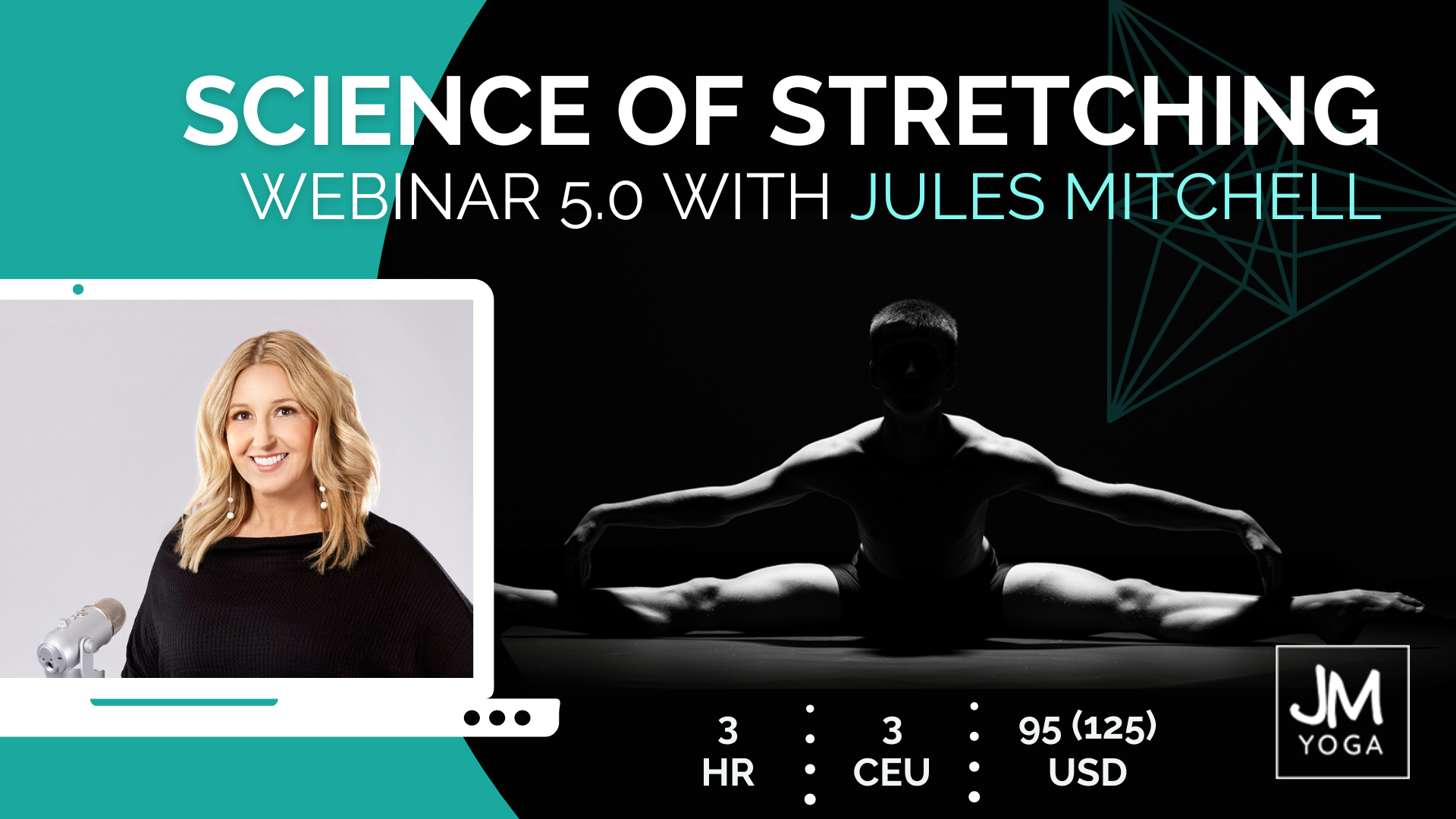Designing Your Own Yoga Research Study and Interpreting the Results
The ability to understand research and interpret results is a valuable skill for yoga teachers. When reading research papers or journal articles, it can be difficult to make sense of the complex language and methodology used. But by designing your own imaginary study, you can gain a better understanding of the challenges in doing research, as well as how to interpret the results.
This Is a fun activity that I like to share in many of my continuing education courses.
Important Questions to Ask When Designing a Research Study
When designing your own study there are some important questions to answer.
The first step in designing your own research is to identify the problem you want to solve and explain why your research question is important. From there, you’ll need to determine what type of data you need to collect (i.e. opinions/beliefs, laboratory results, range of motion).
Once you’ve done that, you’ll need to create an experimental design. An experimental design outlines who will participate in the study, how they will be recruited, what materials or tools are needed, how data will be collected and analyzed, and more. Creating an experimental design helps ensure that you have thought through all the necessary steps so that your study can run smoothly.
You should also consider any potential ethical issues that may arise from conducting your research. Ethical considerations include ensuring participant confidentiality and anonymity, obtaining informed consent from participants before conducting the study, providing safeguards against emotional or physical harm caused by participating in the study, and more. For example, you can’t just stretch people past their tolerance – that wouldn’t be ethical. It is important to consider these issues before beginning your research so that everyone involved has their best interests taken into account.
You might realize the study you’re conducting has a no relevance to what you’re trying to accomplish or you might find a better variable along the way. You should also question what you will control for in your study. This prevents mishaps or other factors from influencing your results. These are just a couple examples of questions to ask yourself during a study. In the video below, I give many more examples and explain the importance of asking these questions.
Watch this video for more critical questions to ask while designing your study:
Interpreting Your Yoga Study Results
Once you’ve gathered all of your imaginary data, it’s time to analyze it and draw conclusions from your findings. This involves examining your data objectively without bias or assumptions so that you can accurately interpret what it means for your topic of study. It is important to remember that correlation does not equal causation when looking at the data – just because two variables seem related doesn’t mean one causes the other! For example, they could have done your stretching intervention and had fewer injuries, but how do you know the stretching was the cause? Maybe they ate more bananas but you didn’t control for that! Additionally, it is often helpful to look for patterns in the data which may help explain why certain relationships exist between variables.
Conclusions Versus Assumptions In Yoga Research
Designing a hypothetical research study on a topic of interest can be an invaluable learning experience for yoga teachers interested in learning more about interpreting research results. Not only does designing a research project give you insight into the challenges involved in doing such work but it also provides an opportunity for practice in interpreting results objectively without bias or assumptions. In short, taking this approach can help yoga teachers become better-informed consumers of scientific literature!
If you like this and want more, consider joining my mentoring program where we have an entire library of calls on the topic of research literacy. Get more info here.
Extend Your Learning:
Online Education With Jules

The Science of Stretching Webinar 5.0
This webinar is for teachers and students who have an insatiable curiosity about stretching, what it does, and how it works, while accepting that conventional stretching wisdom isn’t always accurate. Eligible for 3 CEUs. This course is offered in January and July each year. Learn more >
